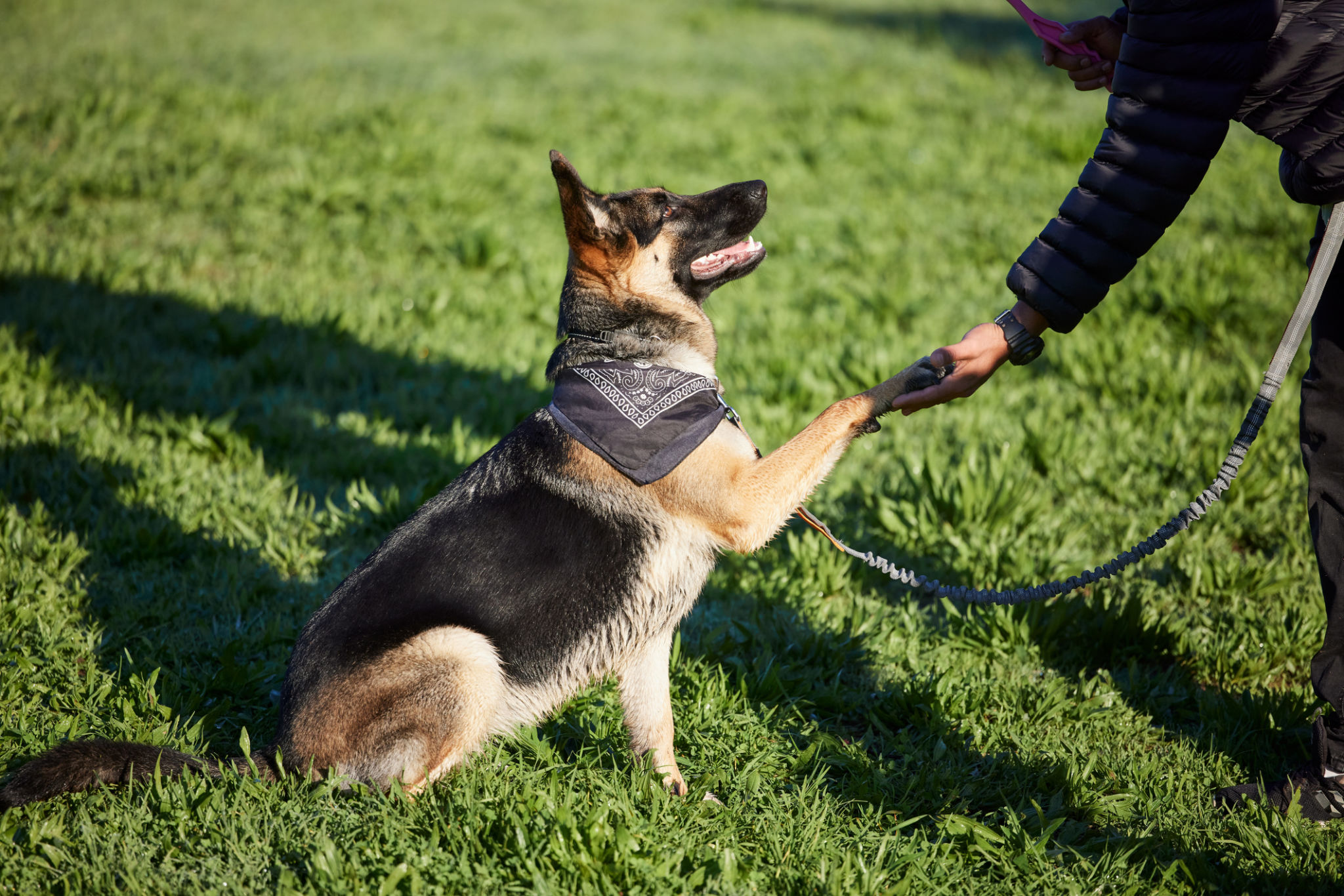Choosing the Right Psychiatric Service Dog for Your Needs
Understanding Psychiatric Service Dogs
Psychiatric service dogs are specially trained to assist individuals with mental health conditions. These dogs offer support for a range of issues such as anxiety, depression, PTSD, and more. By performing specific tasks, they help mitigate the challenges associated with these conditions, making life more manageable for their handlers.

The Benefits of a Psychiatric Service Dog
Choosing a psychiatric service dog can bring numerous benefits. These dogs provide not only companionship but also help with daily tasks. For example, they can remind you to take medications, provide tactile stimulation during anxiety episodes, or create a buffer in crowded places to reduce stress. The presence of a service dog can significantly improve the quality of life for those in need.
Moreover, having a service dog can enhance your social interactions. They often serve as a bridge in social settings, encouraging conversations and reducing the stigma associated with mental health issues. This can lead to increased self-esteem and confidence for their handlers.

Choosing the Right Breed
When selecting a psychiatric service dog, the breed can play a significant role in their effectiveness. While any breed can be trained, some are more naturally inclined to serve as service dogs. Popular breeds include Labrador Retrievers, Golden Retrievers, and Poodles due to their temperament, intelligence, and size.
It's crucial to consider the specific needs related to your mental health condition. A larger breed may be better suited for tasks requiring strength, while a smaller breed might be ideal for individuals living in apartments or needing less physical support.

Training Needs and Considerations
Training is a critical component of a successful partnership between you and your psychiatric service dog. Professional training ensures that the dog can perform necessary tasks and behave appropriately in various environments. It's essential to work with certified trainers who specialize in psychiatric service dogs to get the best results.
Additionally, ongoing training and reinforcement are important to maintain the dog's skills. This includes regular practice of learned tasks and socialization to keep them well-adjusted and effective in their role.

Legal Rights and Responsibilities
Understanding your legal rights when owning a psychiatric service dog is crucial. Service dogs are protected under the Americans with Disabilities Act (ADA), allowing them access to public spaces where pets are typically not allowed. However, it's important to also recognize your responsibilities as a handler to ensure your dog behaves appropriately in public.
Preparing for Life with a Service Dog
Once you've chosen the right psychiatric service dog, it's essential to prepare for life together. This includes setting up your home environment, establishing routines, and building a strong bond through trust and communication. Consistency is key in ensuring that both you and your dog operate as an effective team.
By carefully considering these factors, you can select the right psychiatric service dog that will enhance your life, providing both practical assistance and emotional support.